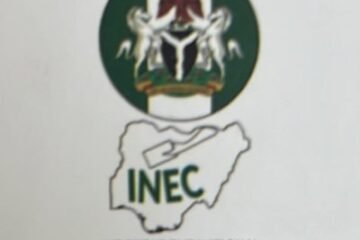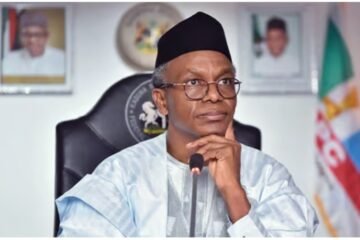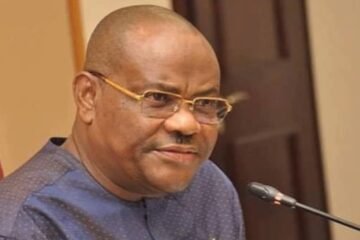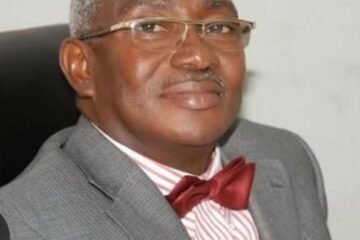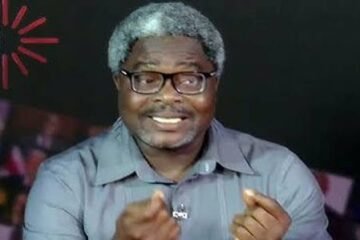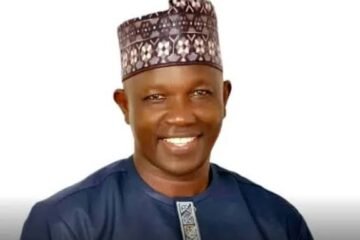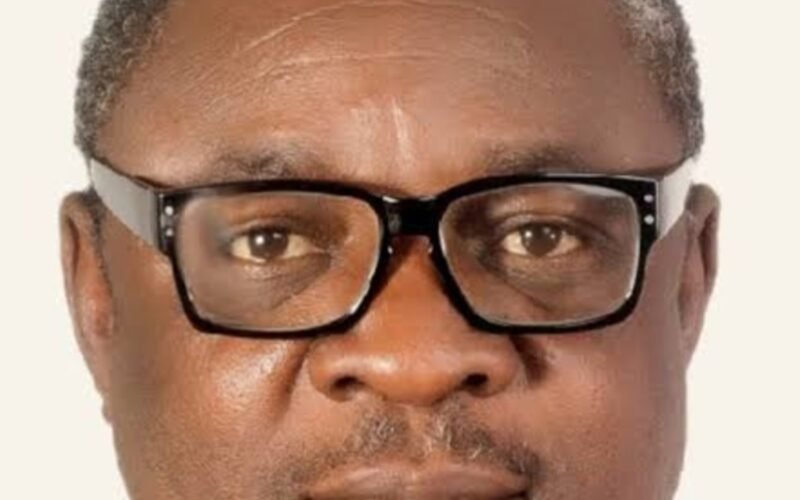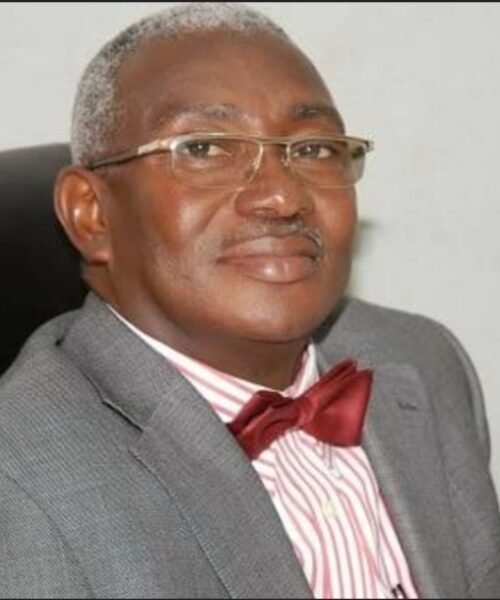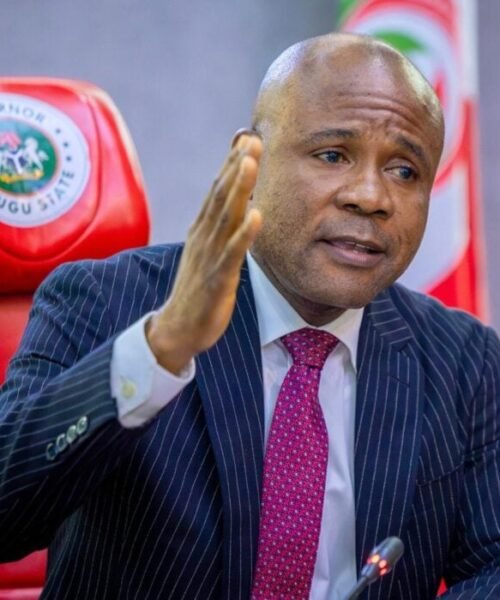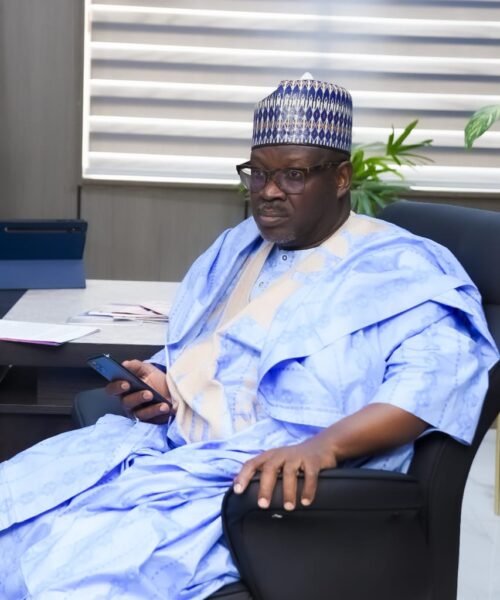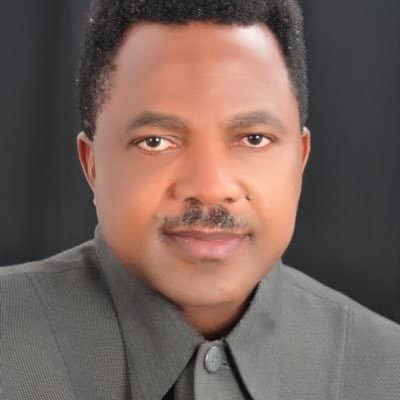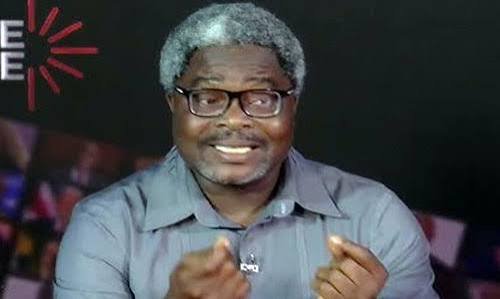By SHEDDY OZOENE
Nigerian politics has always been filled with drama, but the last six months could easily pass for a badly scripted series. Nigerians were treated to two running political comedies, from the city of Port Harcourt to the hallowed chambers of the Nigerian Senate.
President Bola Tinubu’s decision to declare a state of emergency in Rivers State on March 18, 2025, was one leg of the comedy. Tinubu suspended Governor Siminalayi Fubara, his deputy, and the State House of Assembly, justifying his action with claims of a breakdown in governance, threats to national security, and the alleged sabotage of oil infrastructure.
Few Nigerians bought that explanation. The more plausible context lay in the open feud between Governor Fubara and his predecessor, Nyesom Wike, Tinubu’s political ally and Minister of the Federal Capital Territory.
Around the same period, the feud between Senate President Godswill Akpabio and the senator for Kogi Central, Natasha Akpoti-Uduaghan, led to her suspension from the Red Chamber. What began as a squabble over the Senate’s sitting arrangement and allegations of misconduct—including insubordination and disruptive behaviour—metastasized into an accusation of sexual harassment.
While Governor Fubara quietly walked away after the announcement of his suspension, Natasha, who was suspended on March 6, 2025, put up a spirited fight to reclaim her seat. She not only approached the courts but also appealed consistently to the court of public opinion; at one point, she took her case to the international stage, seeking support from feminist and human rights groups. On July 23, 2025, her attempt to access the Senate complex to resume, was foiled by security personnel.
When Tinubu lifted the state of emergency on September 17, he alluded to a new spirit of understanding among the state’s political actors. It remains contentious whether anything of substance was achieved beyond giving Vice Admiral Ibok-Ete Ekwe Ibas, free tenancy in the Brick House for six months.
Fubara and Natasha are now back in office, each staging whatever drama was necessary to mark their return. Fubara was not on hand to receive the reins of office; he simply allowed the appointed Sole Administrator, Vice Admiral Ibas, to slip out without fanfare. But in a well-staged return the next day, he arrived at the Port Harcourt Airport in a private jet to a roaring reception by supporters.
Natasha’s return took longer—her office was only unsealed on Tuesday, September 23—and she marked it spectacularly, with all manner of fanfare, with her supporters in tow. Both suspensions, which commenced two weeks apart and ran side by side for six months, finally ended a week apart, with all the drama that Nigerian politics supplies.
Questions are still being asked about what remains of the fire that once burned in Fubara’s belly since his return to office. Most troubling was his visit to President Bola Tinubu days later, at which he thanked the President for reinstating him. A faux pas in every sense, it was a statement that made his reinstatement appear more like a personal favour than a constitutional right.
Now that normalcy has been “restored,” the questions are more damning than the answers: What was truly achieved in six months of federal control? What precedent has been set for federal–state relations? And who benefits from this detour in democratic governance?
The suspension of elected officials effectively disenfranchised millions of Rivers people. For half a year, they lived under the governance of Vice Admiral Ibok-Ete Ekwe Ibas, who was at best an unelected administrator and at worst a usurper backed by the military. The throwback to Nigeria’s darker years—because that is what the state of emergency symbolized—may have quietened feuding politicians, but whatever stability was claimed cannot outweigh the institutional damage inflicted.
The contradiction in Tinubu’s political career is stark. As governor of Lagos State, he railed against Olusegun Obasanjo’s 2004 declaration of emergency rule in Plateau State and Goodluck Jonathan’s 2013 declaration in the Northeast. He denounced those measures as assaults on democracy, yet in 2025, as President, he not only declared a state of emergency over a personal political feud but also suspended a democratically elected government. This is something even Jonathan avoided while battling Boko Haram insurgency.
Equally troubling was the conduct of the 10th National Assembly. Rather than interrogate the legality and necessity of the proclamation, lawmakers rubber-stamped it in violation of constitutional procedure. Their acquiescence underscored how fragile the checks and balances in Nigeria’s democracy remain. By failing to act as a brake on executive excess, the legislature became complicit in undermining the very democratic order it is sworn to uphold.
The lifting of the state of emergency should not be mistaken for resolution. Rivers remains a state where political rivalry has spilled into governance, where citizens have paid the price of squabbles among their overfed elite, and where the federal centre has shown it is willing to upend democratic institutions in service of political calculations. Rather than address the root causes of the Fubara–Wike conflict through an unbiased respect for democratic norms, the President dipped his hand into one of the most severe constitutional provisions. The outcome could either foster the peace of a graveyard or plunge the state into deeper instability.
It is hard to escape the conclusion that President Bola Tinubu allowed partisan interests to dictate the use of one of the most extreme constitutional tools available to him. Yes, the Nigerian Constitution of 1999 provides for the President to declare a state of emergency, but it is a provision expected to be invoked only with extreme restraint. The quarrel between Minister Nyesom Wike and Governor Fubara hardly qualifies as grounds for such a drastic measure.
He may have lifted the measure, but he cannot escape the stain it leaves on his democratic credentials. His actions will be remembered as a case of principle sacrificed at the altar of political expediency. It is rascally, to say the least.


